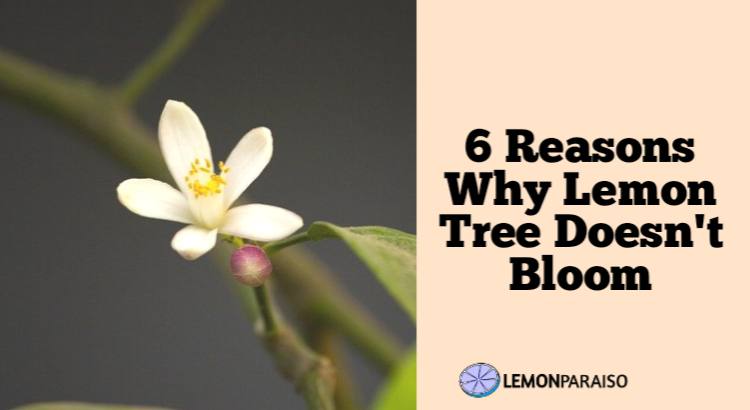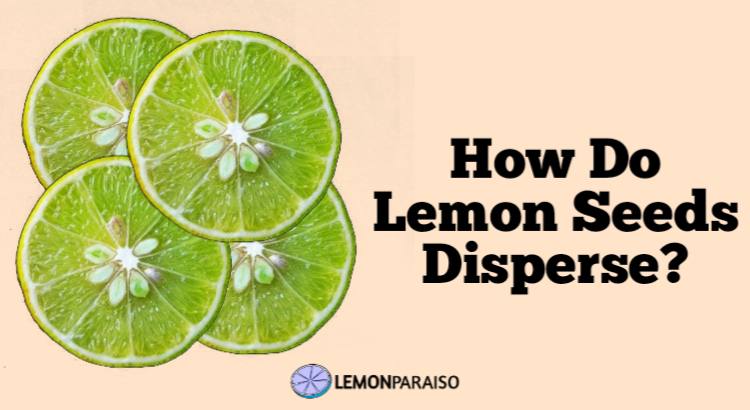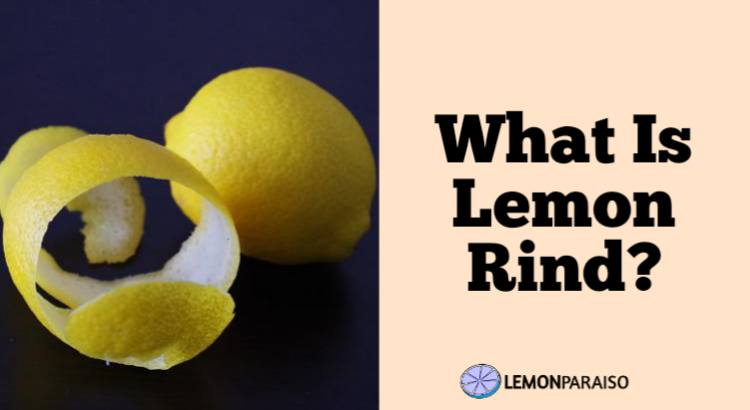When Do Dwarf Meyer Lemon Trees Produce Fruit?
Dwarf Meyer lemon trees are a type of citrus tree that are known for their small size and prolific fruit production. They are a popular choice for indoor and outdoor cultivation, as they can be grown in pots or in the ground and can bear fruit even in small spaces. These trees are a hybrid of a lemon and an orange, they are known for producing fruit with a sweeter taste than traditional lemons.
Fruit Production In Dwarf Meyer lemon trees
Fruit production in dwarf Meyer lemon trees is affected by several factors, including age, pollination, and environmental conditions.
Age: Dwarf Meyer lemon trees typically begin to bear fruit after 2-3 years of growth, but may take longer if they are not properly cared for.
Pollination: The tree must be pollinated to produce fruit, which can be done by bees or other insects. If the tree is grown indoors or in an area where pollinators are not present, it can be done by hand.
Environmental conditions: Adequate sunlight and warmth are essential for fruit production. Dwarf Meyer lemon trees require at least 6 hours of direct sunlight per day, and temperatures above freezing. They also need to be watered regularly and fertilized to support healthy growth and fruit production.
Timing of fruit production: Dwarf Meyer lemon trees typically bloom in spring and the fruit ripens from late winter to early spring. The tree can produce fruit throughout the year, but the majority of the fruit will be produced during these months.
Overall, proper care and maintenance are crucial for optimal fruit production in dwarf Meyer lemon trees. With the right conditions, these trees can produce an abundance of sweet and juicy fruit for many years to come.
Care and maintenance for optimal fruit production
Proper care and maintenance are crucial for optimal fruit production in dwarf Meyer lemon trees. Below are some key tips for maintaining a healthy and productive tree:
- Watering: Dwarf Meyer lemon trees require regular watering, especially during hot and dry weather. The soil should be kept consistently moist, but not waterlogged. Allow the top inch of soil to dry out before watering again.
- Fertilizing: Dwarf Meyer lemon trees need to be fertilized regularly to support healthy growth and fruit production. Use a citrus fertilizer or a balanced fertilizer according to the package instructions. Fertilize in the spring and summer months.
- Pruning and training: Pruning and training can help promote a healthy and productive tree. Prune to remove any dead or diseased branches, and to shape the tree. Training can help to open up the center of the tree to sunlight and improve air circulation.
- Protection from pests and diseases: Dwarf Meyer lemon trees are susceptible to pests and diseases such as citrus leaf miner, citrus thrips, and citrus canker. Keep an eye out for signs of infestation, and take appropriate action, whether it be using natural pest control methods or chemical insecticides.
- Provide proper growing conditions: Dwarf Meyer lemon trees need at least 6 hours of direct sunlight per day, and temperatures above freezing. They also need to be in well-draining soil.
By following these care and maintenance guidelines, you can help ensure that your dwarf Meyer lemon tree is healthy, productive and enjoyable to grow.
Conclusion
In conclusion, dwarf Meyer lemon trees are a great choice for indoor and outdoor cultivation, as they are small in size, easy to care for and produce an abundance of sweet and juicy fruit
Fruit production in these trees is affected by several factors including age, pollination, environmental conditions, and proper care and maintenance. Dwarf Meyer lemon trees typically begin to bear fruit after 2-3 years of growth, and bloom in spring with the fruit ripening from late winter to early spring.
To ensure optimal fruit production, it is important to provide the tree with adequate sunlight and warmth, regular watering and fertilizing, proper pruning and training, and protection from pests and diseases. With the right care, a dwarf Meyer lemon tree can be a productive and enjoyable addition to any garden or home.




